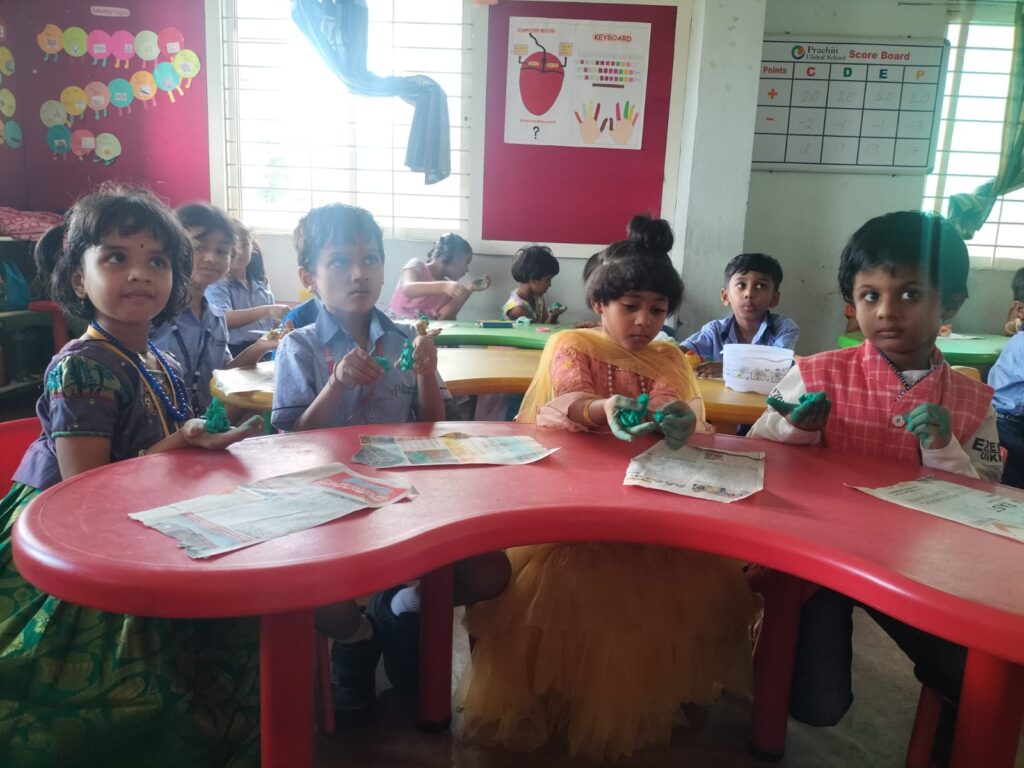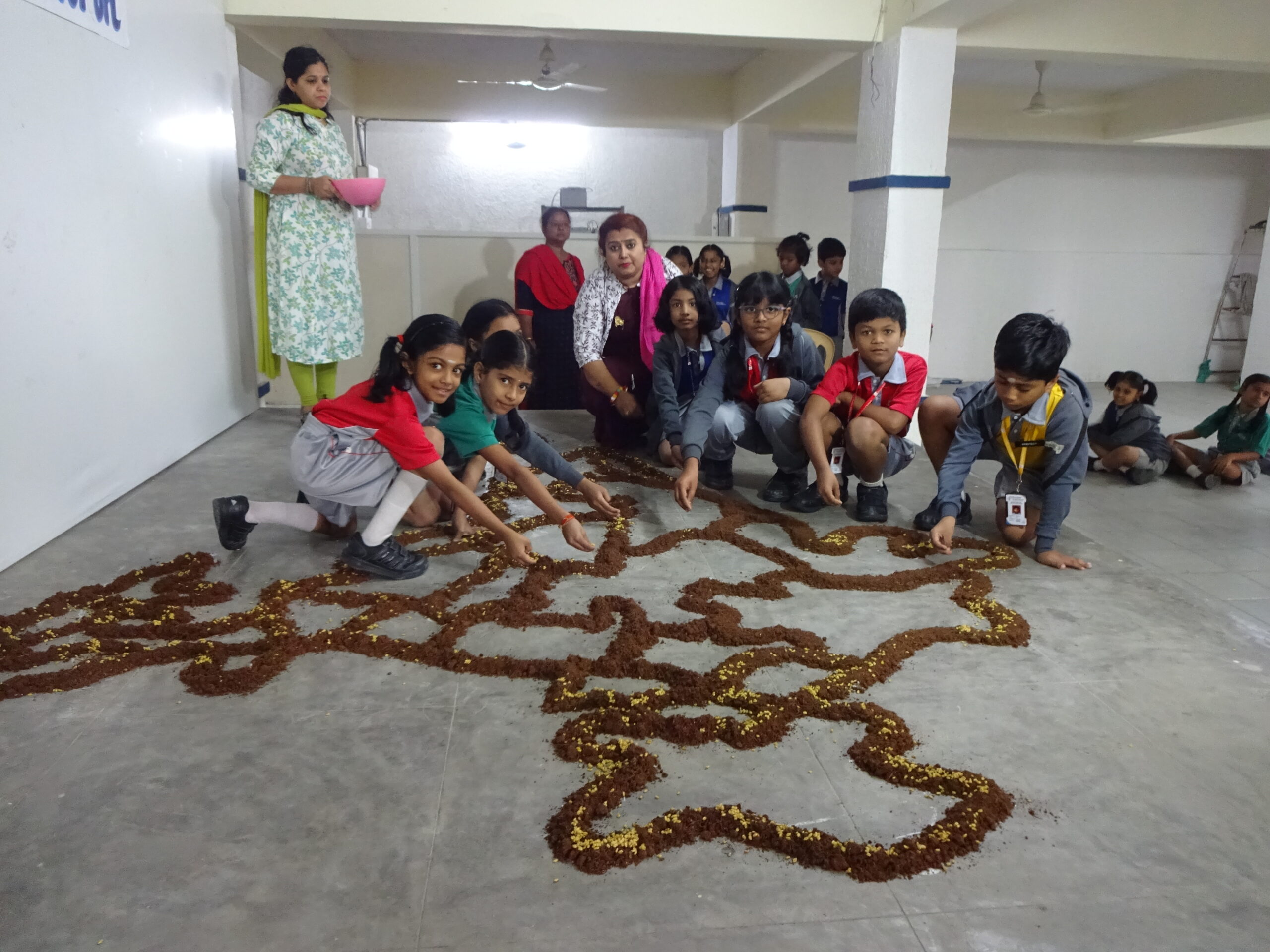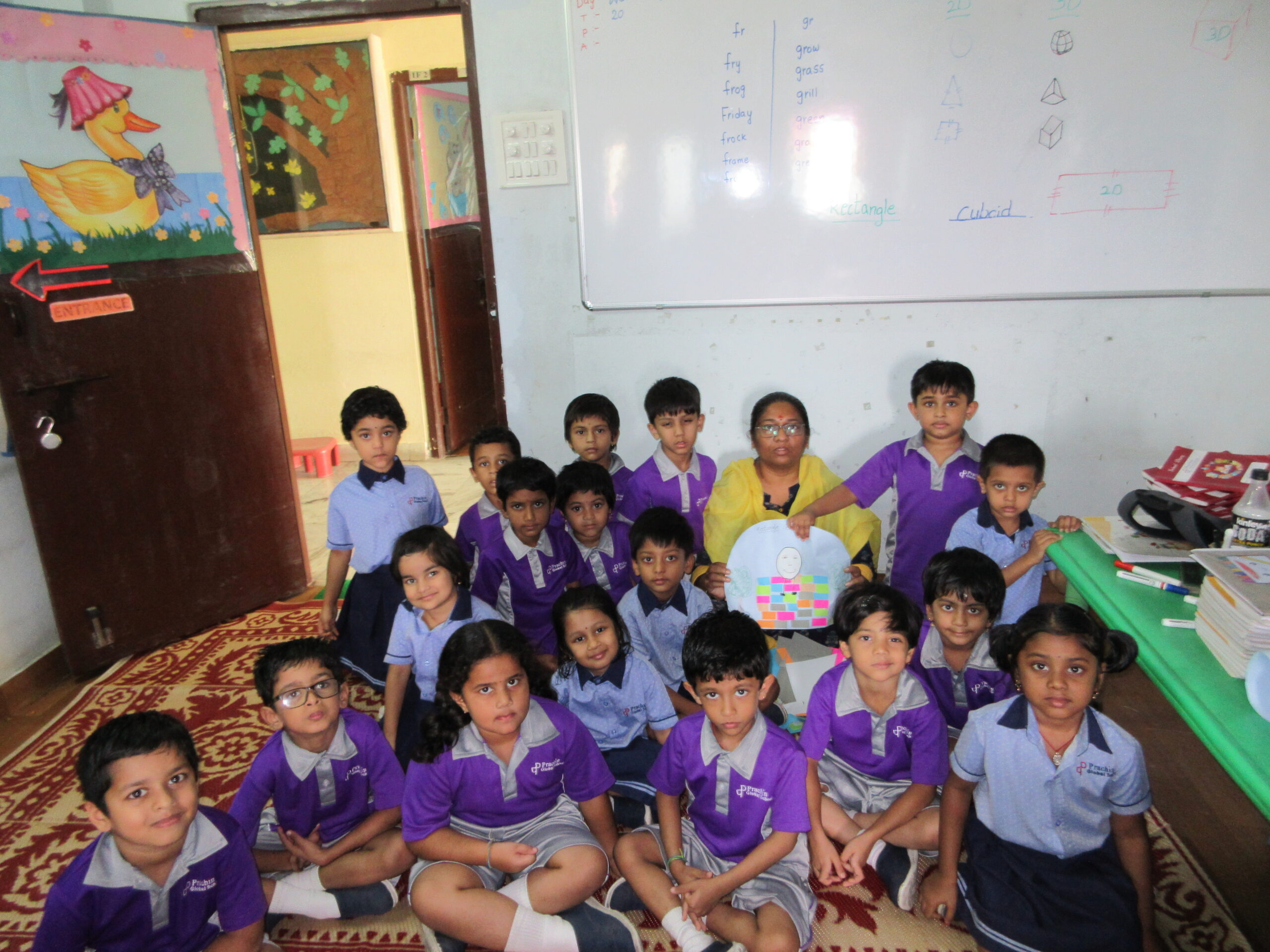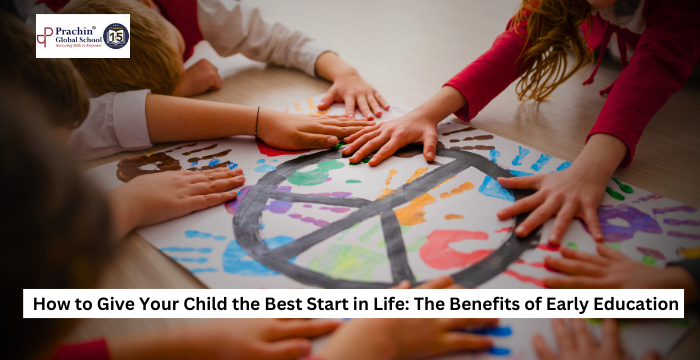Discover why early childhood education matters for your child
The foundation we lay for our children in their earliest years shapes their future in profound ways. The first few years of a child’s life are critical for development, as they form the basis of their cognitive, social, and emotional growth. In today’s fast-paced world, early education is no longer just a step before formal schooling; it’s a vital investment in your child’s future. Here’s how parents can provide their children with the best start in life and why early education is invaluable.
1. Nurturing Early Skills and Curiosity
Children are naturally curious, eager to explore, and ready to learn. Early education taps into this natural enthusiasm by creating a structured environment where they can explore new ideas, interact with others, and build foundational skills. Programs designed for young children use play-based learning to teach essential skills in a fun and engaging way. For instance, storytelling helps develop language skills, while interactive activities with colours and shapes introduce them to math and science concepts in a relatable manner.
2. Building Social Skills
The importance of social skills cannot be understated. Through early education, children learn to communicate, share, take turns, and empathize with others. Group activities like games, music sessions, and story circles help children understand the value of teamwork and mutual respect. These skills are essential not only in school but in life. When children are exposed to a group environment early on, they develop confidence, self-expression, and the ability to make friends—qualities that support their future interactions and relationships.
3. Encouraging Emotional Development
Young children are learning how to manage their emotions, express themselves, and build resilience. Early education programs teach them how to identify their feelings, cope with challenges, and manage frustration. This helps in shaping children who are emotionally strong, empathetic, and resilient. Educators trained in child development create a supportive environment where children feel safe and understood, building their emotional intelligence and preparing them to handle both successes and setbacks with confidence.
4. Developing Cognitive and Academic Skills
Early education introduces children to basic academic concepts, preparing them for formal schooling. Engaging them in structured activities—like puzzle-solving, drawing, or memory games—improves their problem-solving skills and critical thinking abilities. These activities stimulate brain development and foster a love for learning. Studies have shown that children who receive early education often perform better academically and are more likely to succeed in their future studies.



5. Establishing a Routine and Structure
Children thrive in a structured environment where they know what to expect. Early education provides a sense of routine that helps them feel secure and focused. With regular schedules for activities, playtime, snacks, and naps, children learn time management and the importance of consistency, which are skills that benefit them in the years to come.
6. Creating a Lifelong Love for Learning
When children are exposed to learning at an early age, it helps cultivate a love for knowledge that can last a lifetime. Curiosity is encouraged, and they learn to find joy in discovery, exploration, and achieving small milestones. This foundation leads to a positive attitude toward learning that stays with them as they grow.
In Conclusion
The benefits of early education extend far beyond academic skills. By providing young children with a nurturing, engaging, and structured learning environment, we help them develop the cognitive, social, and emotional tools they need to navigate the world confidently. As parents, supporting your child’s early education is one of the most valuable gifts you can give.
Early education is an investment in their future, empowering them to become well-rounded individuals who are prepared to take on challenges and opportunities with enthusiasm. Through these initial steps, we lay the groundwork for a life filled with learning, discovery, and success.

